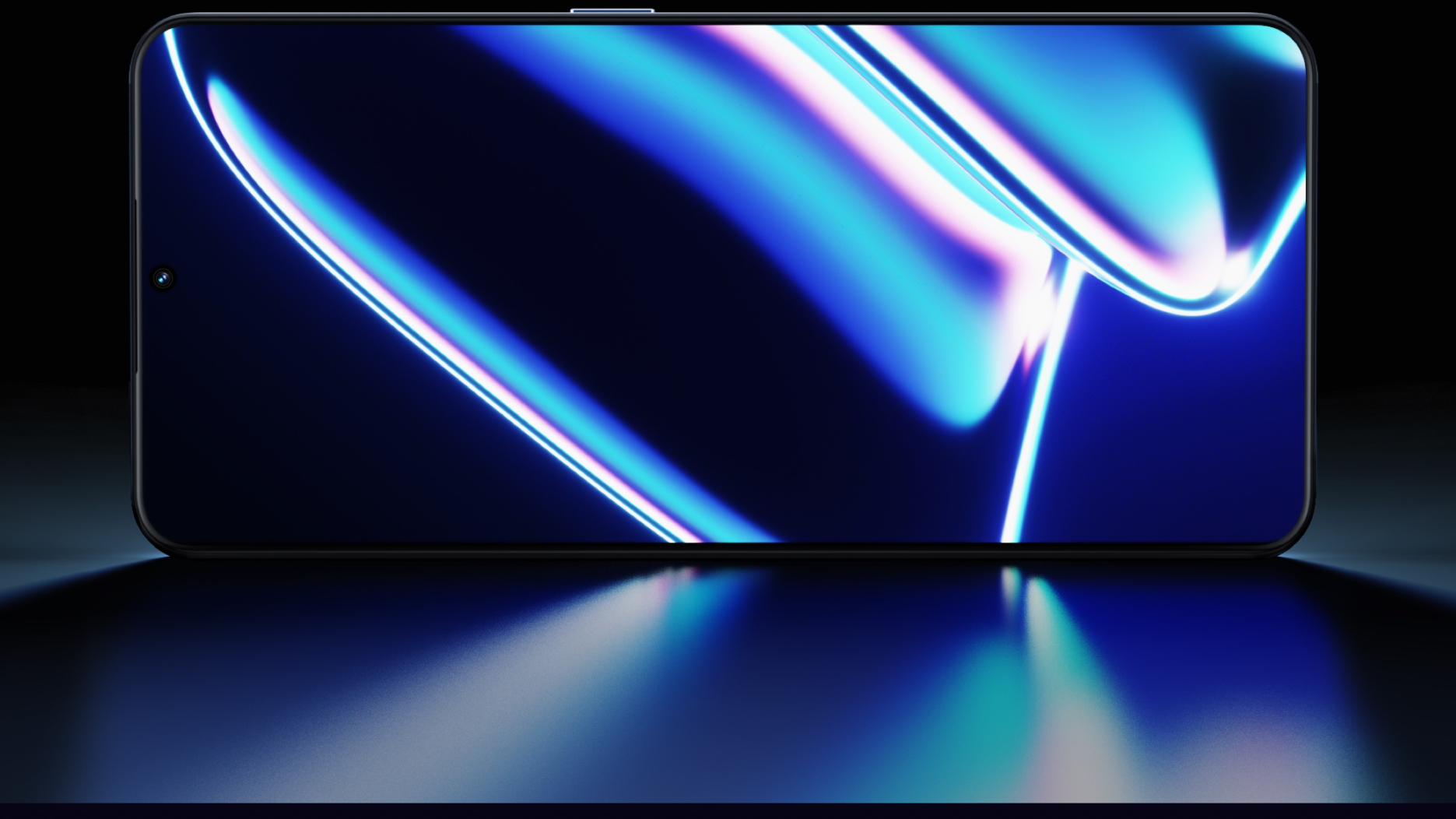
Mobile powerhouses Xiaomi and Realme both announced Android smartphones with 16GB of RAM and 1TB of onboard storage in April for 2,599 Yuans (less than $400); the GT Neo5 SE and the Redmi Note 12 Turbo.
The components used (LPDDR5x and UFS 3.1) are paired - in both cases - with a powerful Snapdragon system-on-a-chip, showing that these handsets mean business. The cutthroat competition in the mobile market, particularly in China, combined with a depressed NAND market, make producing and selling such devices for well under $1000 possible.
However, we haven’t seen the same level of storage/memory offered at this price point in the PC market, despite the morose level of component demands and that’s a major disappointment.
Dell’s current cheapest 1TB/16TB desktop PC costs more than $1000, while you need to spend around $850 to grab one in the same category from Lenovo (the IdeaCentre 3i). What that hints to is PC manufacturers are still deliberately keeping 8GB RAM and 256GB storage as the bare minimum rather than upping it to improve performance.
More RAM, especially on entry level devices, means better performance especially when there’s an integrated GPU that ringfences a portion of the system memory. 16GB RAM is the minimum we’d recommend for serious multi-tasking, in a business PC or a video editing laptop.
UFS 3.1, while not as fast as the latest PCIe 5.0 SSD, is speedy enough for most productivity applications and, in theory, far surpasses SATA performance.
Mobiles are the new PC
There’s perhaps a more rational explanation: Realme and Xiaomi are likely to sell tens, if not hundreds of thousands of these smartphones. More than 285 million smartphones were sold in China in 2022 alone and that was a ten-year low. In comparison, about 240 million PCs were sold globally last year, a number that includes desktop PCs and laptops with hundreds of smaller brands, vying for a crumbs in an ultra competitive market.
In other words, no single PC brand (except perhaps Apple) has the same purchasing power as the likes of Vivo, Xiaomi, Realmi or Honor. Smartphones have dislodged the PC as the ultimate personal computer. That said, we know that Samsung and Micron have now started to adjust NAND production, in a bid to reduce existing stock and increase prices. A source within the industry told us, “Some of these companies are selling so low it’s hard to believe they are making any profit, but their sales numbers look good for stockholders.”
But with the arrival of PLC, the successor of QLC, the price of memory is likely to go down again as part of the almost endless cycle of boom and bust that the semiconductor industry has embarked on.
- Also check out our list of the best mobile workstations and best video editing laptops







